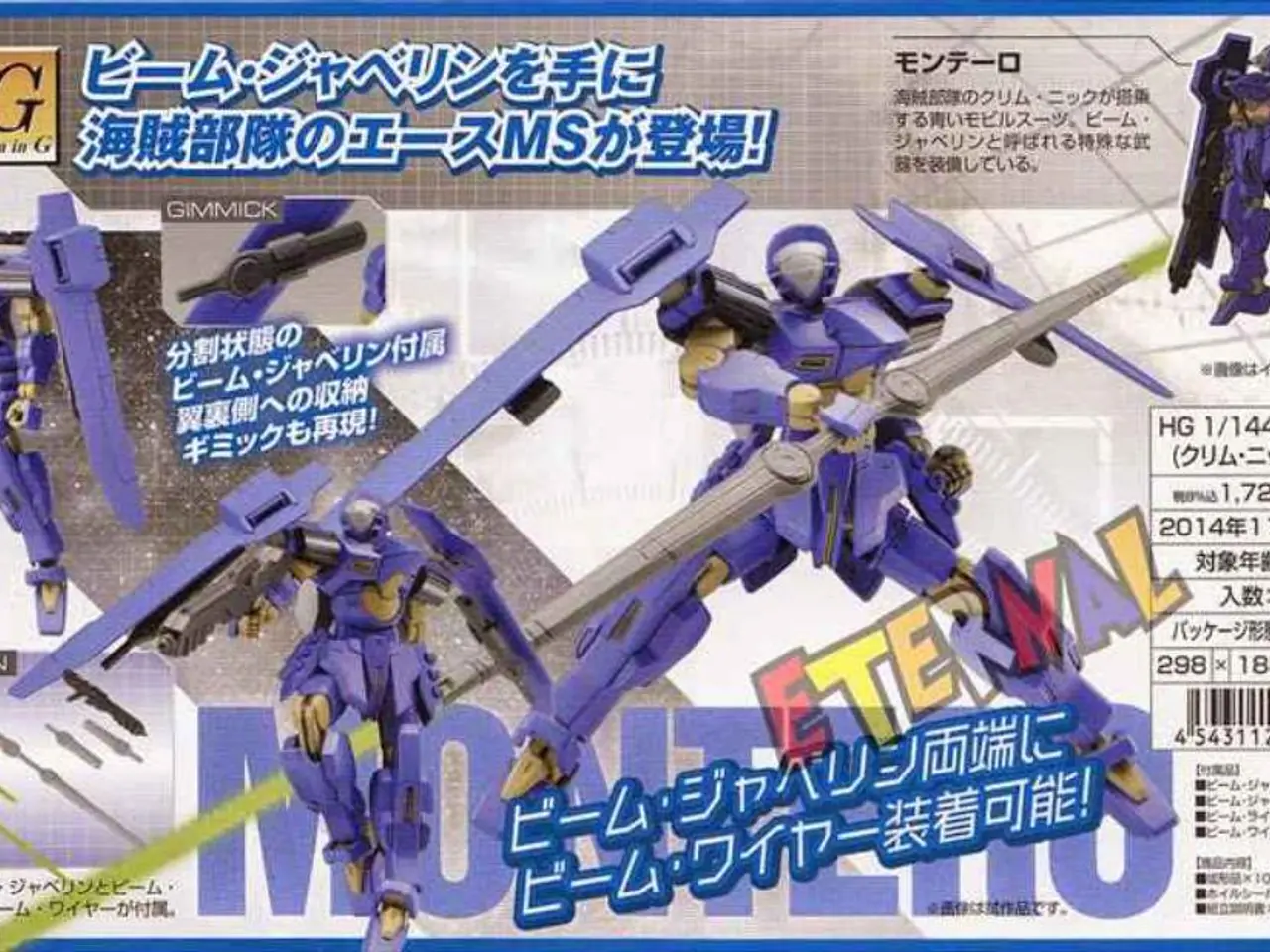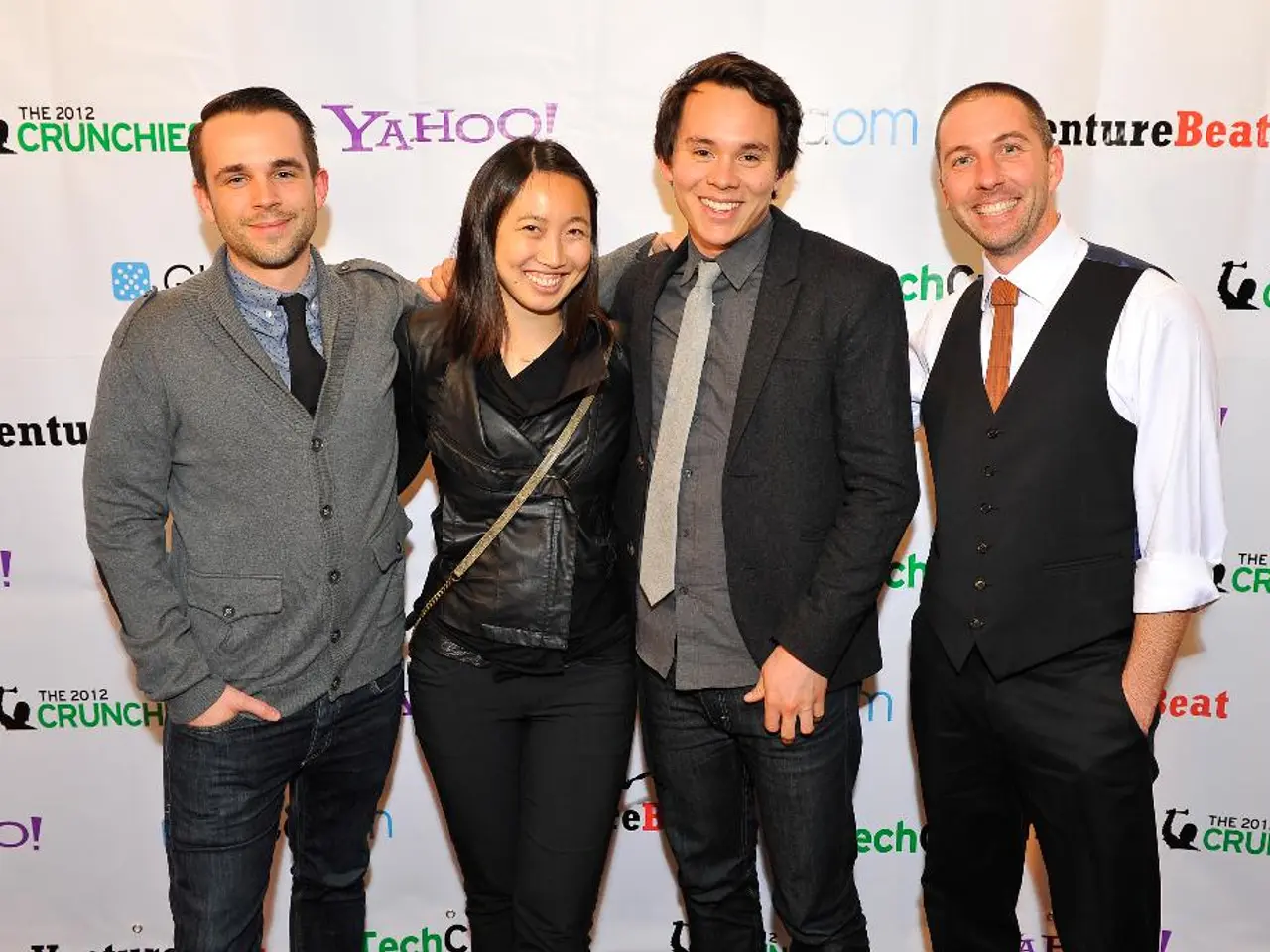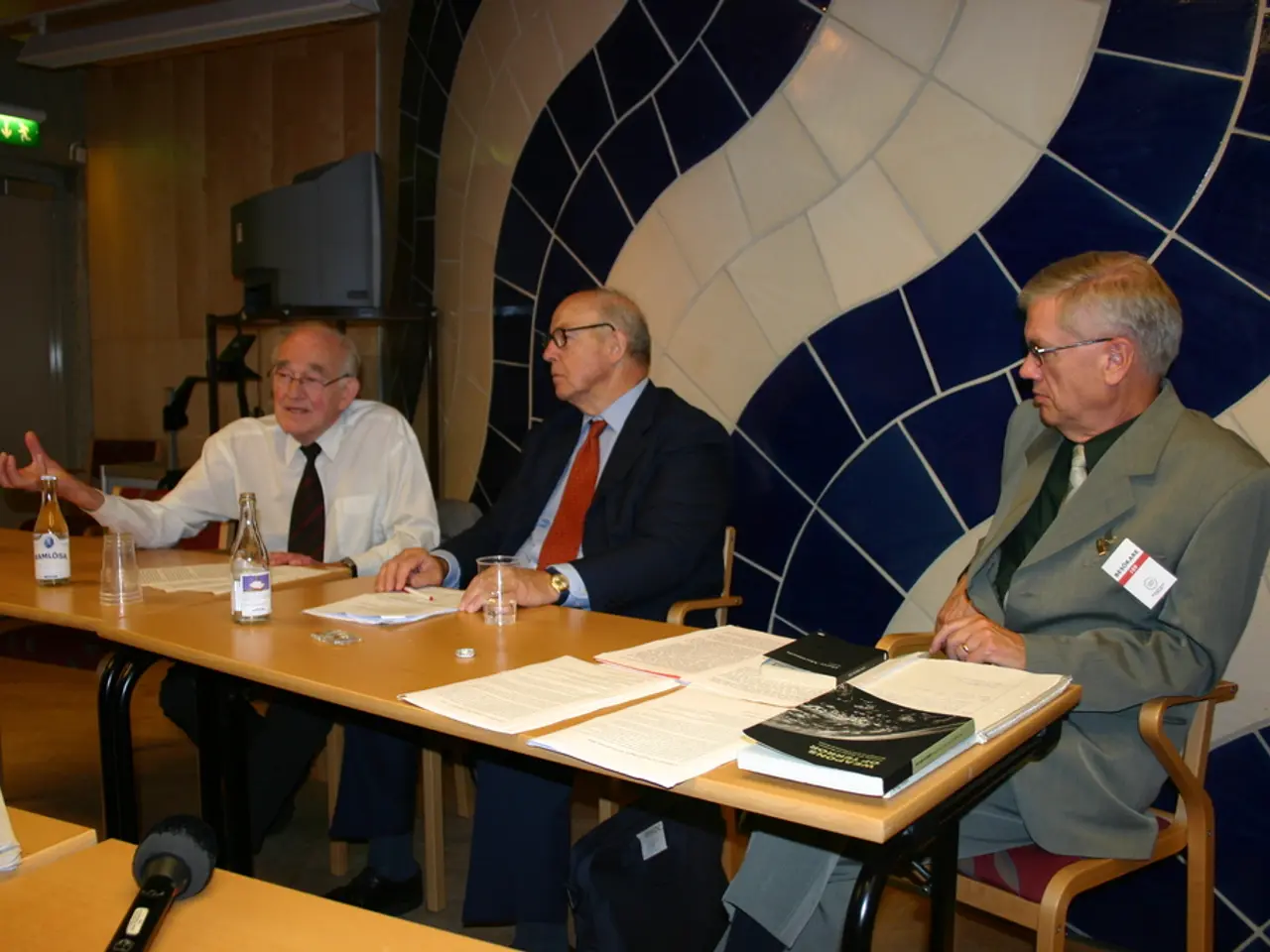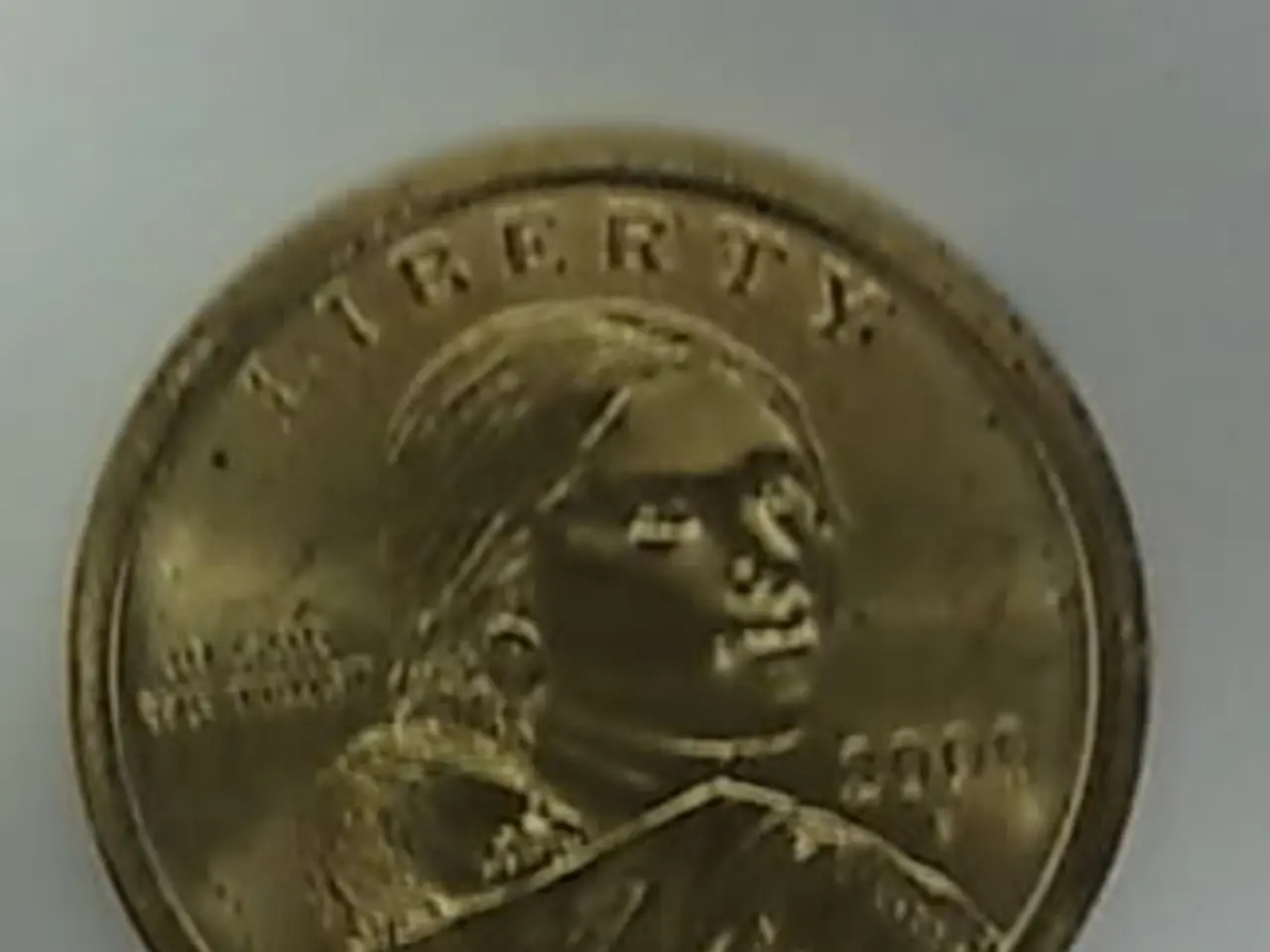US Patent and Trade Office Refuses to Grant Trademark for Tesla's 'Robotaxi'
Tesla's "Robotaxi" Trademark Application Rejected by USPTO
Tesla's application to trademark the term "Robotaxi" for its autonomous vehicles has been rejected by the U.S. Patent and Trademark Office (USPTO). The USPTO deemed "Robotaxi" too generic and merely descriptive, making it ineligible for trademark protection in its current form[1].
The rejection was issued as a "nonfinal office action," giving Tesla three months to respond before the application is abandoned[2]. To keep the trademark bid alive, Tesla must provide additional evidence or materials to demonstrate that "Robotaxi" has acquired distinctiveness or secondary meaning[1].
This means Tesla needs to show that consumers associate the term specifically with Tesla and not just the generic concept of robotic taxis. Evidence might include proof of extensive use of the term in commerce by Tesla, market recognition, consumer surveys, or advertising materials highlighting the trademark use[1].
If Tesla cannot submit convincing evidence of distinctiveness, the trademark refusal is likely to be upheld. The company must also address whether other companies use words like "Robo," "Robot," or "Robotic" in connection with similar services[5].
Meanwhile, a second trademark application covering "Robotaxi" for ride-hailing services is still under review[4]. Tesla has also submitted trademark applications for the term "Robobus." However, the application to trademark the term "Cybercab" is facing delays due to conflicts with other companies applying for similar "Cyber"-themed trademarks[3].
The first robotaxis are set to launch in Austin, beginning in June[6]. If Tesla wishes to keep its bid for "Robotaxi" alive, it must respond within three months to the nonfinal office action[2]. The USPTO has asked Tesla to provide additional materials, such as promotional brochures, manuals, or screenshots, to demonstrate how it uniquely uses the term "Robotaxi"[1].
[1] - USPTO's refusal of Tesla's "Robotaxi" trademark [2] - Tesla's response deadline to USPTO [3] - Cybercab trademark conflicts [4] - Second "Robotaxi" trademark application status [5] - Tesla's evidence requirements for distinctiveness [6] - Austin launch of robotaxis
In the face of the USPTO's rejection of Tesla's "Robotaxi" trademark application for autonomous vehicles, Tesla must now provide evidence showing that "Robotaxi" has acquired distinctiveness or secondary meaning in order to keep the trademark bid alive, as the term is currently deemed too generic and merely descriptive. Additionally, Tesla needs to address whether other companies use words like "Robo," "Robot," or "Robotic" in connection with similar services.




